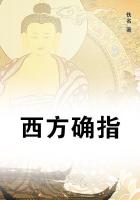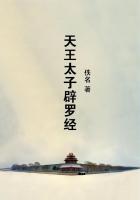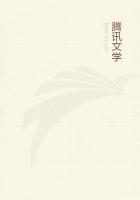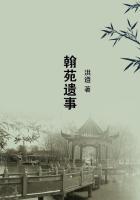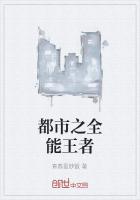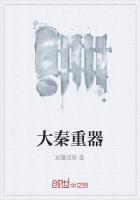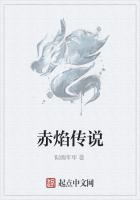The 15th Charles II, c.7, called An Act for the Encouragement of Trade, had given Great Britain the monopoly of supplying the colonies with all the commodities of the growth or manufacture of Europe; and consequently with wines.In a country of so extensive a coast as our North American and West Indian colonies, where our authority was always so very slender, and where the inhabitants were allowed to carry out, in their own ships, their non-enumerated commodities, at first to all parts of Europe, and afterwards to all parts of Europe south of Cape Finisterre, it is not very probable that this monopoly could ever be much respected; and they probably, at all times, found means of bringing back some cargo from the countries to which they were allowed to carry out one.They seem, however, to have found some difficulty in importing European wines from the places of their growth, and they could not well import them from Great Britain where they were loaded with many heavy duties, of which a considerable part was not drawn back upon exportation.Maderia wine, not being a European commodity, could be imported directly into America and the West Indies, countries which, in all their non-enumerated commodities, enjoyed a free trade to the island of Maderia.These circumstances had probably introduced that general taste for Maderia wine, which our officers found established in all our colonies at the commencement of the war, which began in 1755, and which they brought back with them to the mother country, where that wine had not been much in fashion before.
Upon the conclusion of that war, in 1763 (by the 4th George III, c.15, sect.12), all the duties, except L3 10s., were allowed to be drawn back upon the exportation to the colonies of all wines, except French wines, to the commerce and consumption of which national prejudice would allow no sort of encouragement.The period between the granting of this indulgence and the revolt of our North American colonies was probably too short to admit of any considerable change in the customs of those countries.
The same act, which, in the drawback upon all wines, except French wines, thus favoured the colonies so much more than other countries; in those upon the greater part of other commodities favoured them much less.Upon the exportation of the greater part of commodities to other countries, half the old subsidy was drawn back.But this law enacted that no part of that duty should be drawn back upon the exportation to the colonies of any commodities, of the growth or manufacture either of Europe or the East Indies, except wines, white calicoes, and muslins.
Drawbacks were, perhaps, originally granted for the encouragement of the carrying trade, which, as the freight of the ships is frequently paid by foreigners in money, was supposed to be peculiarly fitted for bringing gold and silver into the country.But though the carrying trade certainly deserves no peculiar encouragement, though the motive of the institution was perhaps abundantly foolish, the institution itself seems reasonable enough.Such drawbacks cannot force into this trade a greater share of the capital of the country than what would have gone to it of its own accord had there been no duties upon importation.They only prevent its being excluded altogether by those duties.The carrying trade, though it deserves no preference, ought not to be precluded, but to be left free like all other trades.It is a necessary resource for those capitals which cannot find employment either in the agriculture or in the manufactures of the country, either in its home trade or in its foreign trade of consumption.
The revenue of the customs, instead of suffering, profits from such drawbacks by that part of the duty which is retained.
If the whole duties had been retained, the foreign goods upon which they are paid could seldom have been exported, nor consequently imported, for want of a market.The duties, therefore, of which a part is retained would never have been paid.
These reasons seem sufficiently to justify drawbacks, and would justify them, though the whole duties, whether upon the produce of domestic industry, or upon foreign goods, were always drawn back upon exportation.The revenue of excise would in this case, indeed, suffer a little, and that of the customs a good deal more; but the natural balance of industry, the natural division and distribution of labour, which is always more or less disturbed by such duties, would be more nearly re-established by such a regulation.
These reasons, however, will justify drawbacks only upon exporting goods to those countries which are altogether foreign and independent, not to those in which our merchants and manufacturers enjoy a monopoly.A drawback, for example, upon the exportation of European goods to our American colonies will not always occasion a greater exportation than what would have taken place without it.By means of the monopoly which our merchants and manufacturers enjoy there, the same quantity might frequently, perhaps, be sent thither, though the whole duties were retained.The drawback, therefore, may frequently be pure loss to the revenue of excise and customs, without altering the state of the trade, or rendering it in any respect more extensive.How far such drawbacks can be justified, as a proper encouragement to the industry of our colonies, or how far it is advantageous to the mother country, that they should be exempted from taxes which are paid by all the rest of their fellow subjects, will appear hereafter when I come to treat the colonies.

